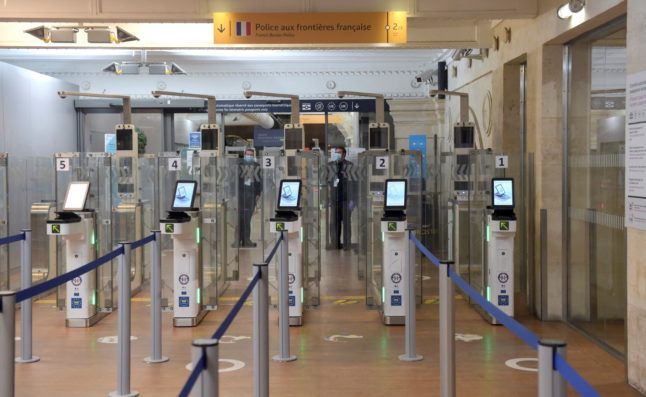What is the ‘energy cheque’?
France’s chèques énergie scheme is to help households below a certain income level to pay their utility bills. The cheques can be used to pay electricity bills, gas bills or for heating fuel.
How much money are we talking about?
Depending on your income, the amount can be between €48 to €277 per year, according to the French government website Service-Public.
When and how does the money come?
All households concerned receive their cheque by post sometime after April 2nd, 2024, depending on their département (see the calendar 2024 HERE).
Who qualifies?
Eligibility is calculated based on income and the number of people per household. Whether you are entitled to an automatic payment is decided on your most recent tax returns.
For this you need your Revenue fiscal de référence (RFR), this is your total taxable income and you can find your RFR on your annual tax declaration, according to Service-Public.fr.
The RFR is then divided by the unité de consommation (UC) or energy consuming units, otherwise known as people living in the household.
One person equals 1 UC, the second 0.5 UC, the third 0.3 UC, and so on, which means the more people are in a household, the higher the income threshold for benefiting from the energy scheme gets (although the rise flattens out as more people are added, as the picture below shows).
The amount given also increases the more people there are in the household. One person living alone with an RFR below €5,600 will get €194, while two people with the same RFR get €240.
For 2024, the government’s chèque énergie website states that those who benefitted in 2023 will also be eligible in 2024.
If you are not sure whether you will benefit, you can use this government simulator to find out.
Beware of scams
As the cheque will be sent out to those who are eligible, you should not expect to receive any phone calls seeking out personal information, and especially not banking information.
If you need any assistance with the cheque, you can call the help number 08 05 20 48 05 or send a message using the online contact form.
READ MORE: What to do if you have fallen victim to a scam in France



 Please whitelist us to continue reading.
Please whitelist us to continue reading.
Member comments